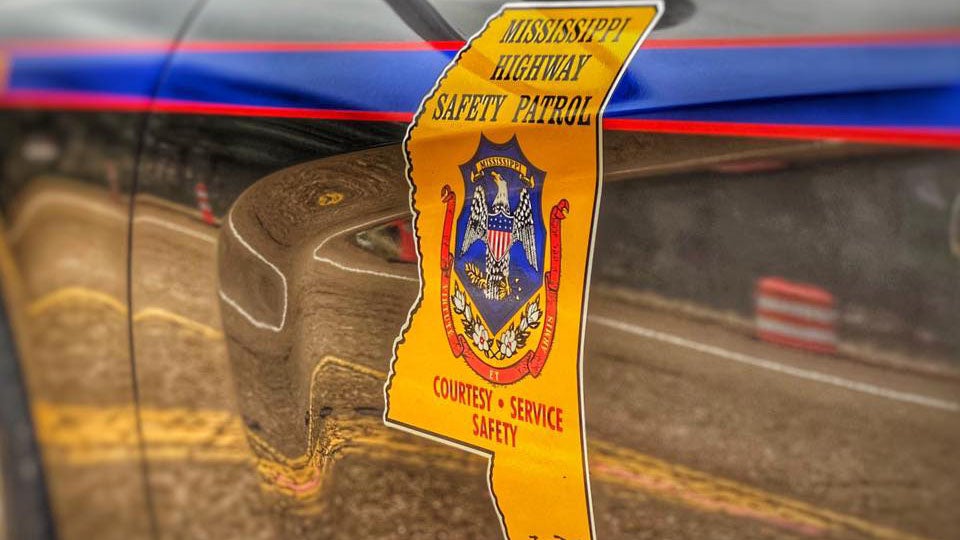NCAA rejects coaches appeal
Published 5:00 am Tuesday, July 19, 2005
INDIANAPOLIS (AP) – An NCAA appeals committee has upheld thepenalty accessed to a former Mississippi State University assistantfootball coach whose actions contributed to the Bulldog programbeing place on four years probation in 2004.
The NCAA infractions appeals committee Thursday upheld atwo-year show-cause penalty against the former assistant. Thepenalty requires any NCAA member institution attempting to hire theformer coach to appear before the infractions to determine whetherthe individual’s activities should be limited.
The former assistant appealed the findings and penalty,prompting Thursday’s decision.
The names of individual coaches, staff members andstudent-athletes are always kept confidential throughout theinfractions process, the NCAA said.
The NCAA’s infractions committee announced on Oct. 27, 2004,that it found that two former assistants and several boosterscommitted recruiting violations between 1998-2002. But allegationsof unethical conduct against former coach Jackie Sherrill weredismissed.
University officials said at one point last year that Sherrilland former assistants Glenn Davis and Jerry Fremin did not violatethe NCAA’s ethical conduct rules.
Davis left Mississippi State in January 2004 to become headcoach at Copiah-Lincoln Community College in Wesson. Freminresigned in 2001 after receiving a reprimand from Athletic directorLarry Templeton.
The Bulldogs were allowed just 81 football scholarships for the2005 and 2006 seasons, and were limited to 45 expense-paidrecruiting visits in each of the 2004-05 and 2005-06 academic years- 11 per year fewer than the maximum allowed by the NCAA.
The school had limited itself to 83 scholarships in the 2005-06academic year as part of a self-imposed penalty – down from theNCAA maximum of 85.
Sherrill retired after the 2003 season and was replaced bySylvester Croom, the first black head football coach inSoutheastern Conference history.
Mississippi State had admitted to secondary rules violationswithin the football program, but denied the more serious NCAAallegations of offering to provide cash and other perks torecruits.
The infractions committee found that an assistant providedtransportation and lodging expenses for campus visits for arecruit, and the assistant reimbursed the recruit’s family for mostof the cost of a rental car and for a hotel room, and a studenthost provided the player with $30 in cash.
Among other findings, the NCAA determined that another unnamedassistant arranged to pay for two high-school courses so a recruitcould become academically eligible.
Also, student-athlete hosts gave cash to recruits on officialvisits during the 1999-2000 and 2000-2001 academic years, and abooster illegally allowed two recruits to stay at a hotel for free,the NCAA ruled.




